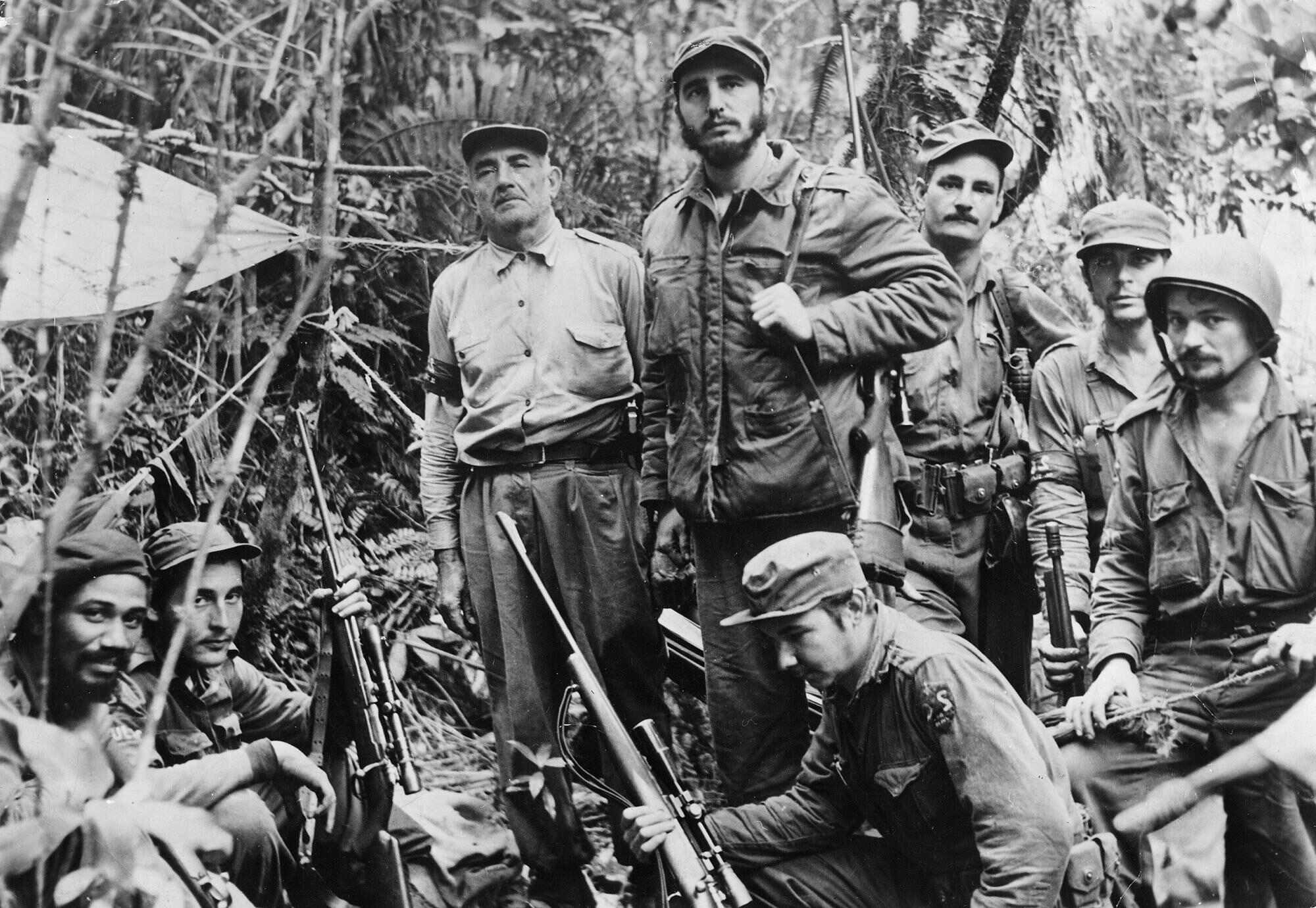
Communism in Cuba has shaped the island nation in ways that are both intriguing and complex. Ever wondered how a small Caribbean country became a symbol of communist ideology? Fidel Castro and Che Guevara played pivotal roles in the Cuban Revolution, which led to the establishment of a communist government in 1959. This shift dramatically altered Cuba's political, economic, and social landscape. From free healthcare and education to strict government control and limited freedoms, the effects of communism are deeply woven into Cuban life. Curious about the unique blend of achievements and challenges that define Cuba today? Let's dive into 14 compelling facts about communism in Cuba.
The Rise of Communism in Cuba
Communism in Cuba has a rich history that began in the mid-20th century. This political shift has shaped the island nation in many ways. Here are some key facts about this transformation.
-
Fidel Castro's Leadership
Fidel Castro led the Cuban Revolution, overthrowing the Batista regime in 1959. His leadership marked the beginning of communist rule in Cuba. -
Che Guevara's Role
Che Guevara, an Argentine Marxist revolutionary, played a crucial role in the Cuban Revolution. He became a symbol of rebellion and a key figure in establishing communism in Cuba. -
Nationalization of Industries
After the revolution, the Cuban government nationalized all major industries. This included sugar plantations, oil refineries, and banks, which were previously owned by foreign companies.
Economic Impact of Communism
Communism brought significant changes to Cuba's economy. These changes had both positive and negative effects on the nation's development.
-
Economic Embargo by the U.S.
The United States imposed an economic embargo on Cuba in 1960. This embargo severely restricted trade and contributed to economic hardships in Cuba. -
Rationing System
Cuba implemented a rationing system to ensure equitable distribution of food and goods. This system is still in place today, providing basic necessities to all citizens. -
Tourism as a Lifeline
Tourism became a crucial part of Cuba's economy after the fall of the Soviet Union. The government opened the country to international tourists to generate revenue.
Social Changes Under Communism
Communism in Cuba also brought about significant social changes. These changes affected education, healthcare, and daily life for Cuban citizens.
-
Universal Healthcare
Cuba established a universal healthcare system, providing free medical services to all citizens. This system is considered one of the major achievements of the communist government. -
Education Reforms
The government prioritized education, making it free and accessible to everyone. Literacy rates in Cuba soared, and the country boasts one of the highest literacy rates in the world. -
Gender Equality
Communist policies promoted gender equality, encouraging women to participate in the workforce and politics. Women in Cuba have made significant strides in various fields.
Political Repression and Human Rights
While communism brought some benefits, it also led to political repression and human rights issues. These aspects have been a point of contention for many years.
-
Political Prisoners
Cuba has been criticized for imprisoning political dissidents. Many activists and opposition figures have been jailed for speaking out against the government. -
Freedom of Speech
Freedom of speech is limited in Cuba. The government controls the media, and dissenting voices are often silenced. -
Migration Waves
Due to political and economic hardships, many Cubans have fled the country. Significant migration waves occurred in the 1980s and 1990s, with many seeking asylum in the United States.
Cuba's Relationship with the Soviet Union
The relationship between Cuba and the Soviet Union was pivotal during the Cold War. This alliance had a profound impact on Cuba's political and economic landscape.
-
Soviet Support
The Soviet Union provided substantial economic and military support to Cuba. This support helped sustain the Cuban economy during the Cold War. -
Cuban Missile Crisis
In 1962, the Cuban Missile Crisis brought the world to the brink of nuclear war. The Soviet Union placed nuclear missiles in Cuba, leading to a tense standoff with the United States.
Final Thoughts on Cuba's Communist Era
Cuba's communist journey has been a rollercoaster of highs and lows. From Fidel Castro's rise to power in 1959 to the ongoing economic challenges, the island's history is rich and complex. The Cuban Missile Crisis, a pivotal moment in the Cold War, put Cuba on the global stage. Despite economic hardships, Cuba boasts impressive achievements in healthcare and education. The U.S. embargo has significantly impacted the economy, yet the Cuban spirit remains resilient. Tourism has become a vital lifeline, showcasing the island's vibrant culture. Understanding these 14 facts offers a glimpse into the unique tapestry of Cuba's communist era. Whether it's the revolutionary fervor or the daily struggles, Cuba's story is one of perseverance and adaptation. As the island continues to evolve, its past remains a crucial part of its identity.
Was this page helpful?
Our commitment to delivering trustworthy and engaging content is at the heart of what we do. Each fact on our site is contributed by real users like you, bringing a wealth of diverse insights and information. To ensure the highest standards of accuracy and reliability, our dedicated editors meticulously review each submission. This process guarantees that the facts we share are not only fascinating but also credible. Trust in our commitment to quality and authenticity as you explore and learn with us.


